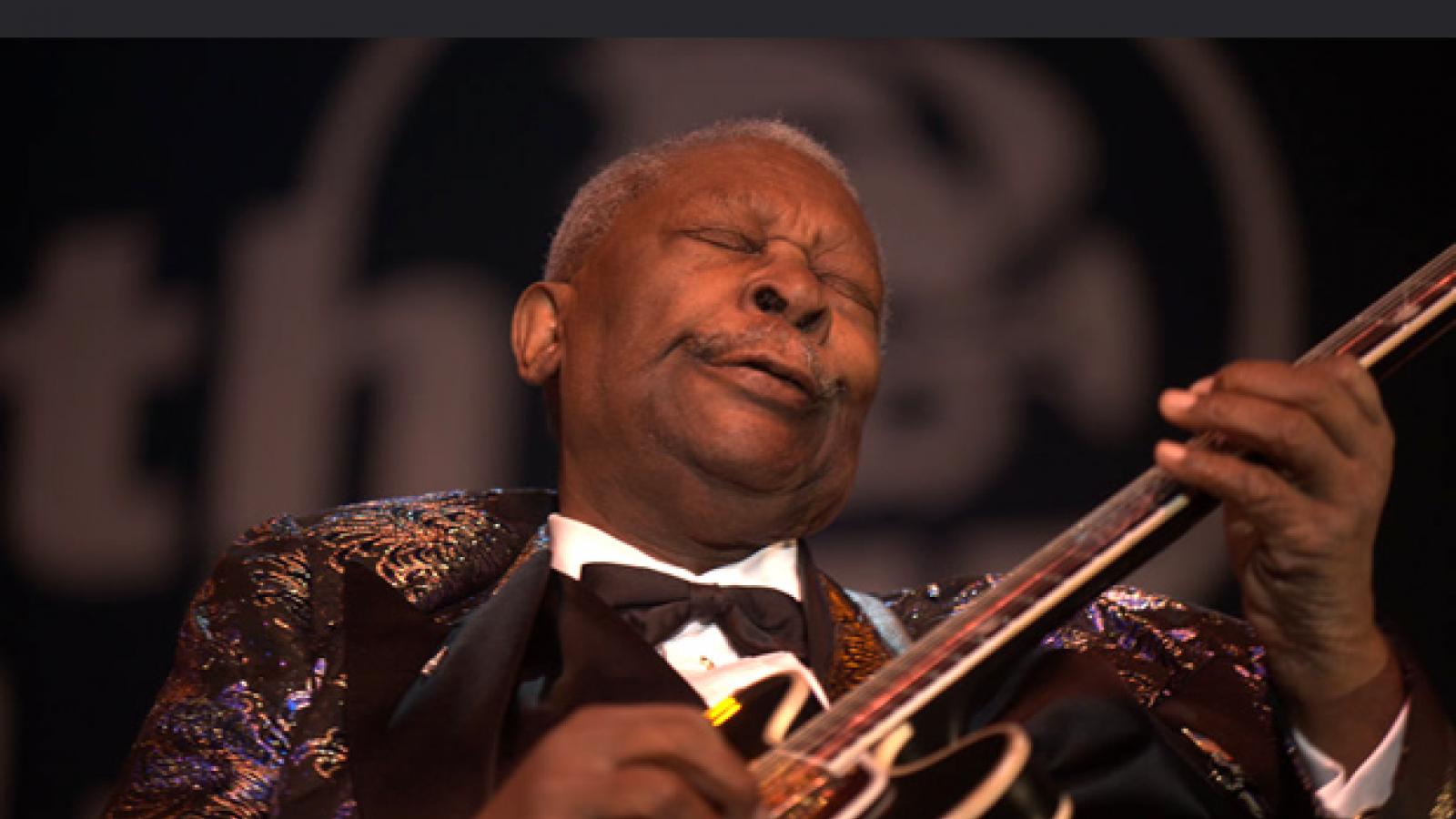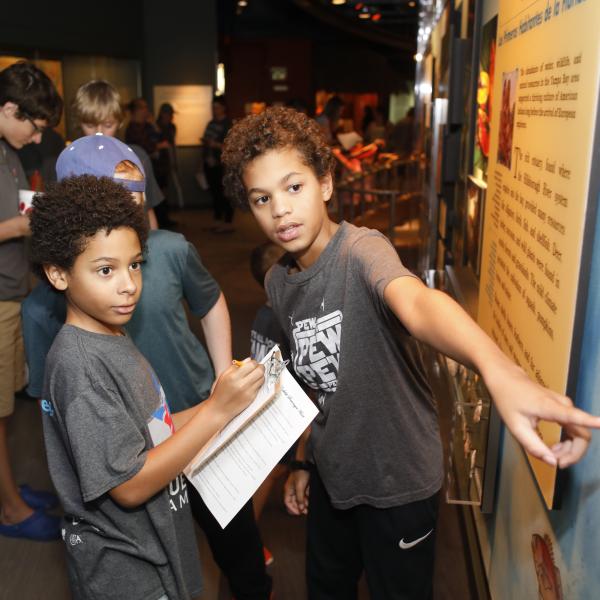Statement on the Death of B.B. King, NEA National Heritage Fellow and National Medal of Arts Recipient

"…Welcome the world's greatest blues singer, the king of the blues, B.B. King!" That was most people's introduction to King (and often to the blues itself), from his 1965 album Live at the Regal, one of the most popular blues albums ever and a selection for permanent preservation in the National Recording Registry at the U.S. Library of Congress.
It is with great sadness that the National Endowment for the Arts acknowledges the passing of the blues legend, a 1990 National Medal of Arts recipient and 1991 National Heritage Fellow. Riley King was born September 16, 1925, on a cotton plantation in northwest Mississippi between the towns of Indianola and Itta Bena, about 100 miles south of Memphis, in the Delta bottoms. He learned guitar from listening to 78 rpms of blues artists and from his cousin, Booker "Bukka" White, the famous bottle-neck blues guitarist.
After a stint in the U.S. Army during WW II, King made his way to Memphis, Tennessee, where his first professional breaks came in radio, performing as the "Beale Street Blues Boy," later shortened to Blues Boy King, and finally B.B. King, under which name he gained his remarkable reputation.
As a performer, King put on an electrifying show, singing with intensity before breaking into crisp, stinging solos on his electric guitar named Lucille. His guitar work influenced practically every guitarist that came after him in any genre, including Eric Clapton, Stevie Ray Vaughan, Jimi Hendrix, and John Scofield. His horn section was often the starting point for many jazz musicians, such as NEA Jazz Masters George Coleman and Charles Lloyd, both of whom played in King's bands in the 1950s.
In 1969, his recording of "The Thrill Is Gone" was a crossover hit, appealing to both black and white audiences. "My audience had started mixing before that," King said, "but that really pushed it over the top.... It was soon after that the Rolling Stones invited me to tour with them.... A lot of people heard me on that Rolling Stones tour that hadn't heard of me before."
King was the face of the blues to many, touring often (usually about 200 days a year until the last few years) and reaching out to new audiences by performing on U2's Rattle and Hum 1988 album and recording with Eric Clapton on Riding with the King in 2000. King played at the White House for the last three presidents, even coaxing President Obama into singing on "Sweet Home Chicago" at the 2012 "Red, White, and Blues" event.
He won 15 Grammy Awards in addition to a Grammy Lifetime Achievement Award and a Grammy Hall of Fame Award for "The Thrill is Gone," in addition to many other awards and honors. For a full biography, go to the NEA website.
Related Content
Contact
NEA Public Affairs
202-682-5570




